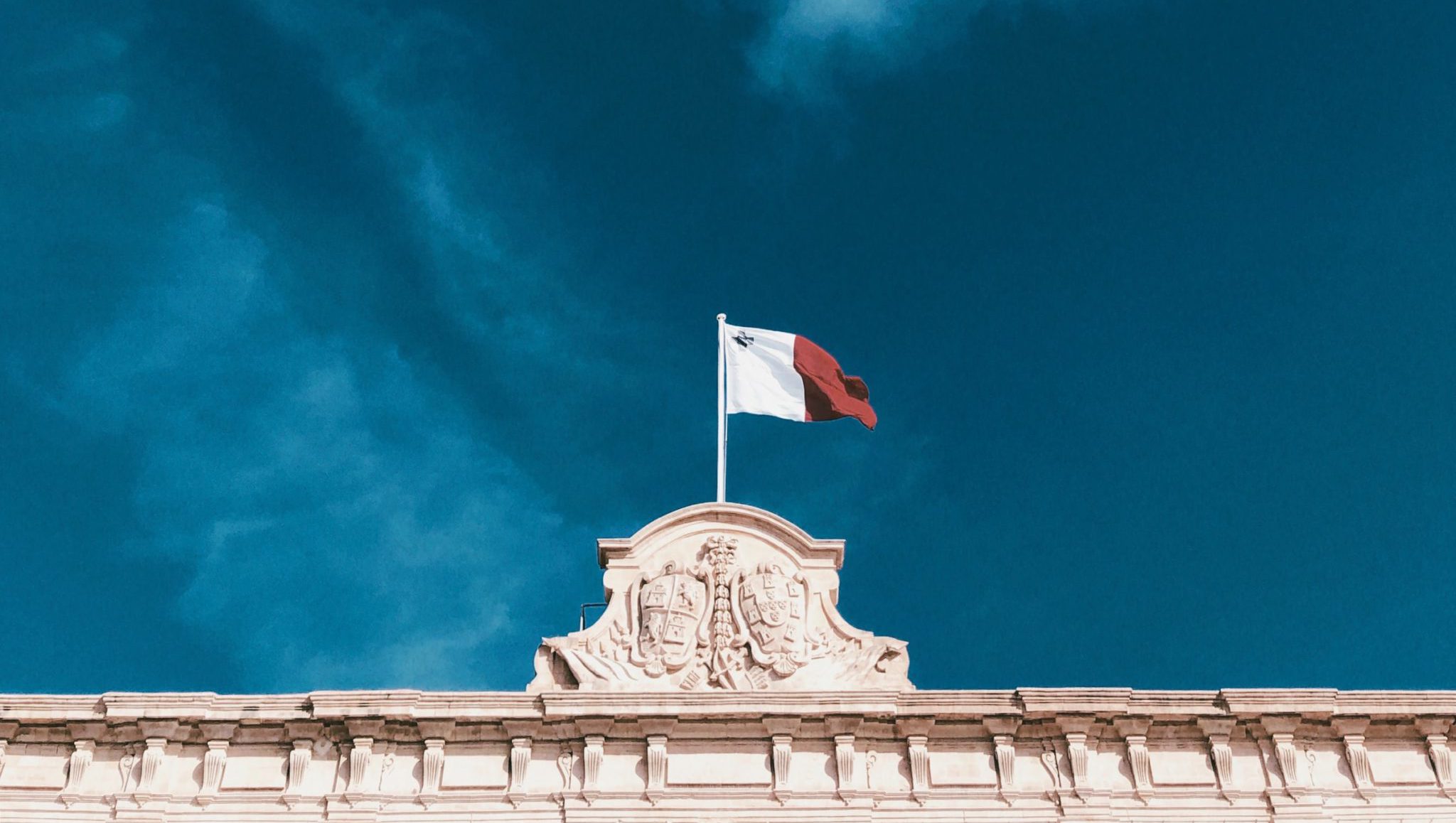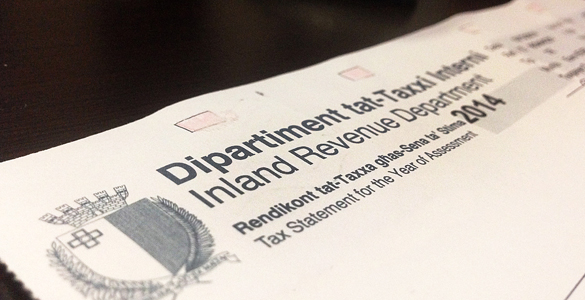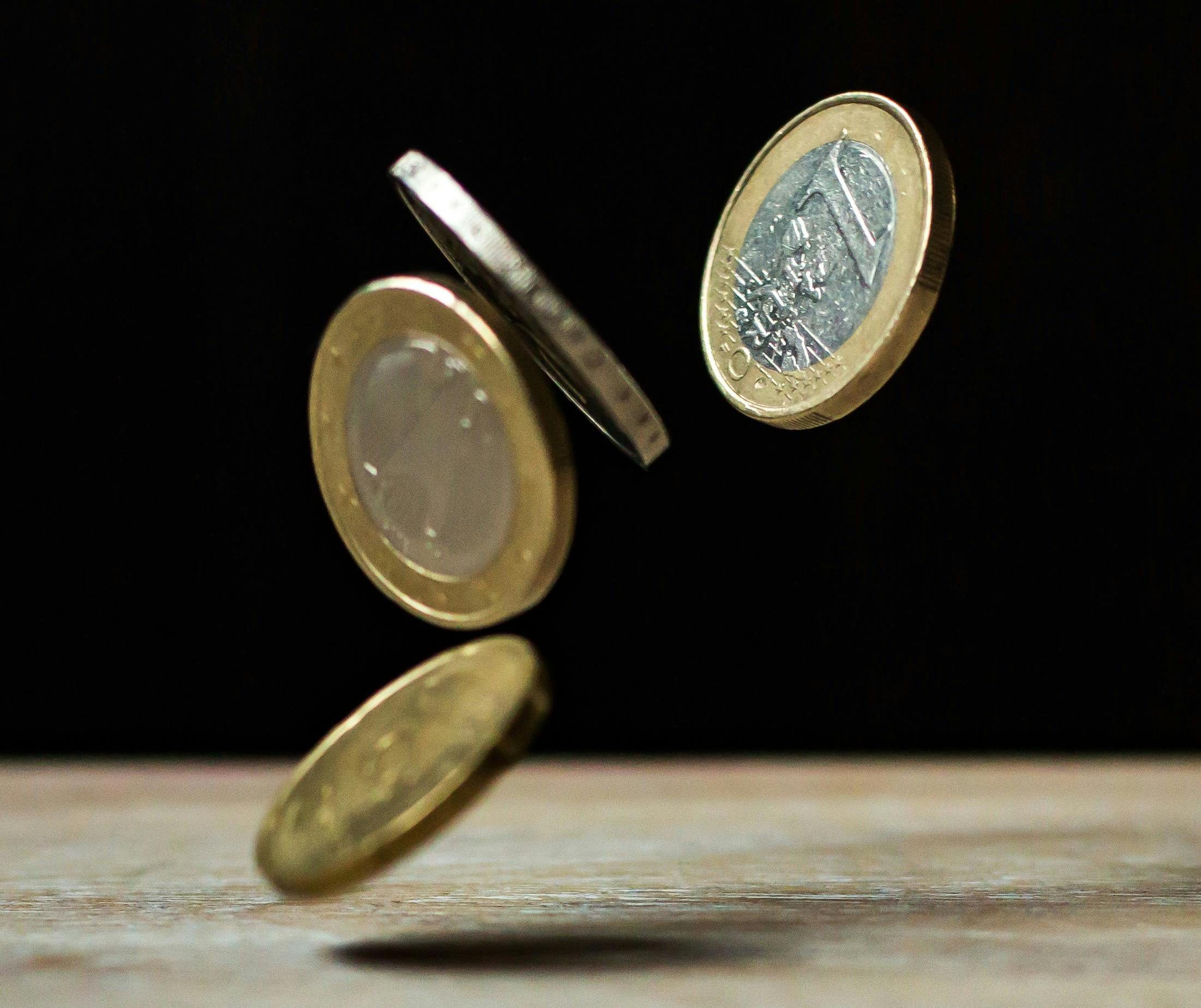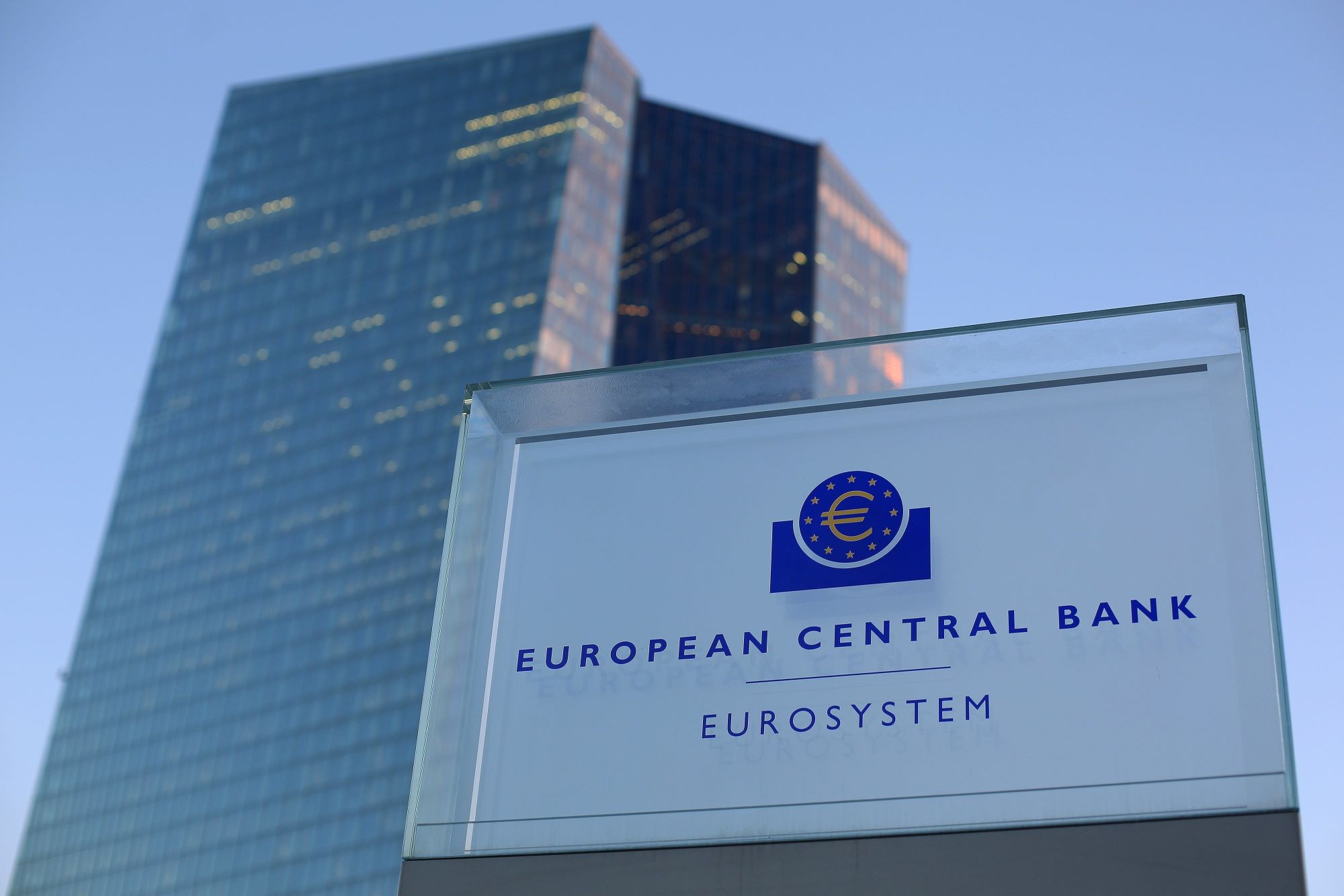Malta’s residents may find some consolation in the knowledge that for March 2022, the island registered the lowest rate of inflation out of all EU Member states.
In March 2022, records show that Malta’s inflation hit 4.5 per cent, the lowest of all EU states. By contrast, Eurostat data shows that Lithuania experienced an inflation rate of 15.6 per cent for the month under review, the highest in the EU.
The euro area as a whole saw the March 2022 inflation rate reach 7.4 per cent, up from 5.9 per cent in February. For context, a year earlier the rate stood at 1.3 per cent.
In March, the highest contribution to the annual euro area inflation rate came from energy (+4.36 percentage points, pp), followed by services (+1.12 pp), food, alcohol & tobacco (+1.07 pp) and non-energy industrial goods (+0.90 pp).
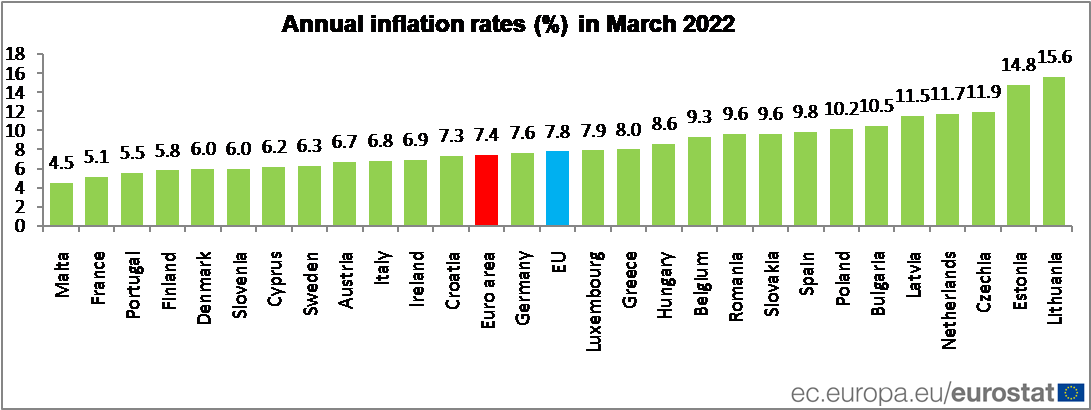
In Malta, the price of electricity has remained unchanged. In 2021, when energy prices were already increasing rapidly due to pent up demand being released as countries emerged from COVID restrictions, a supply agreement signed with Azerbaijan’s SOCAR meant that the price of Liquified Natural Gas (LNG), used in the production of electricity, has been fixed for the past seven years. That agreement is due to expire this month.
Further, the Government has pledged to freeze energy prices in Malta throughout 2022 due to Russia’s invasion of Ukraine, and the volatility this has caused in international markets.
The price of petrol and diesel has also remained stable, unlike its European counterparts, with Malta paying the cheapest price for diesel across the EU in 2021. Local reports say however that the Government has no hedging agreement to fall back on in the area of fuel – petrol and diesel – meaning the country’s motorists could be in for a shock.
Areas where locals have been feeling the pinch due to inflation, however, is mainly stemming from food and housing.
Indeed, housing and food have been the main driving forces for inflation to reach 4.22 per cent in February 2022, up from 3.88 per cent the previous month, the highest figure seen locally in the last seven years – the period for which data is readily available.
Catering and hospitality establishments are feeling the pinch and are being forced to put up prices thanks to staple ingredients used in the production and preparation of the vast majority of food consumed having ballooned in price. In 2021, the UN said Ukraine was the world’s sixth-largest exporter of wheat, with a 10 per cent share of the market. The country is also one of the world’s top exporters of barley and sunflower seeds. With exportation of such raw materials being disrupted by war, this has had a ripple effect on the price of a wide range of food products.
In terms of inflation stemming from the cost of housing, this month, data from Jobsplus – the national employment agency, showed that there are some 70,000 foreign workers on the island, more than there has been at any one point in Malta’s history.
Earlier this month, questioned by The Times of Malta on the issue of inflation, Finance Minister Clyde Caruana said that prices will continue to increase in the coming months, but that it is too early to forecast by how much.
Top 5% of taxpayers responsible for one-third of all income tax paid in Malta
On the other hand, the bottom third of income earners pay just 1.7% of all income tax generated
The Malta Institute of Accountants prepares for its 2024 Anti-Money Laundering Conference
Held at the Radisson Blu, St Julians, this latest AML Conference promises to bring exclusive insights on new procedures
Eurozone interest rates to remain unchanged
The European Central Bank noted that price pressures remain persistent


